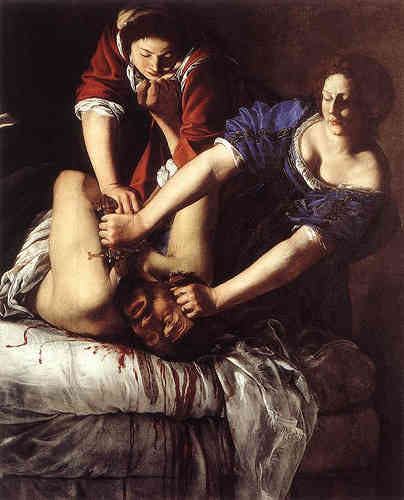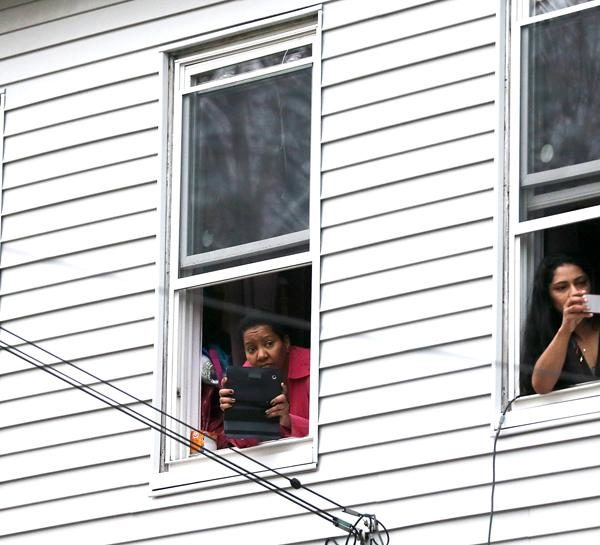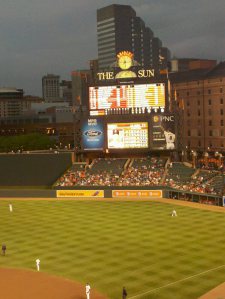
Debates over the virtue or vice of modern liberal political arrangements often boil down to narratives about violence, whether we are speaking of violence in its literal sense, or in the more metaphorical use made so fashionable by postmodernism, namely, the attempt to erase or neutralize difference. According to the eulogists of liberalism, it rescued us from the darker ages of religious tyranny, in which zealots of orthodoxy used political power to enforce uniformity, and even to violently persecute dissenters.
We are the heirs of Elijah’s legacy. His influence is evident within later writings of the Bible, the Bible’s earliest commentators, and within the Bible-shaped parts of our own culture. But how might we assess our inheritance? Elijah is a hero of the covenant. Moses redivivus. A witness to God’s justice and mercy for those without power. And yet. . . Elijah’s legacy is also that of a “troubler” (1Kings 18:17-18). Although the prophet denied the title, the Jewish rabbinic tradition has not been afraid to name troubling features of his ministry. He seems more pre-occupied with his own difficulties than those of the people. He does not advocate for the Israelites. He uses violence.

The use of social media enables the projection of self-identity through digital content. It also enables new possibilities for self-surveillance and surveillance by others, including the state. The Boston Marathon bombings helped demonstrate the nexus between social media and the surveillance state.



